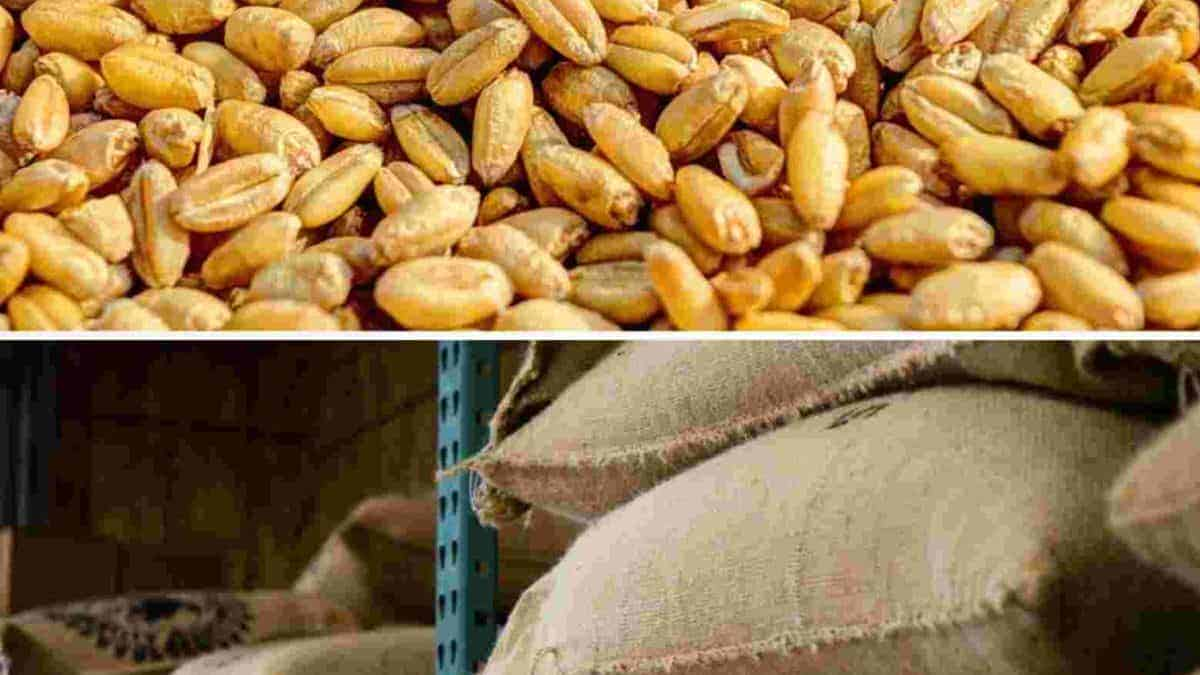Turkey rejects a shipment of Indian wheat due to phytosanitary concerns

Turkish authorities refused an Indian wheat consignment authorization due to phytosanitary concerns, leading a ship to return on May 29, according to dealers reported by S&P Global Commodity Insights on Tuesday.
According to a report from S&P Global Commodity Insights, the MV Ince Akdeniz, which is loaded with 56,877 tonnes of durum wheat, is on its way back to Gujarat’s Kandla port.
“The wheat consignment was detected with Indian Rubella disease and was rejected by the Turkish ministry of agriculture and forestry,” a trader based in Istanbul told S&P.

According to the trader, the vessel would return to Kandla by mid-June.
Turkey’s decision comes at a time when foreign wheat importers are scrambling for supplies. Because the two countries account for one-fourth of world wheat commerce, Russia’s invasion of Ukraine has had a significant impact on global wheat supply.
According to the S&P study, this has caused exporters to be concerned about the fate of other wheat shipments en route to various countries, including Egypt in the coming days.
When supplies were withdrawn from the market due to the Russia-Ukraine conflict, India emerged as a prospective global provider of wheat exports.
The trade ministry banned wheat exports on May 13, citing a severe heat wave as a factor in lower output and record-high domestic prices.
Wheat exports were halted abruptly, trapping around 1.8 million tonnes of the grain at ports and potentially causing dealers to face significant losses.
Apart from satisfying the food grain needs of neighboring and vulnerable nations, the decision, according to the Centre, would help manage retail prices of wheat and flour, which have grown by an average of 14 to 20% in the last year.
Immediately following the announcement, at least 4,000 trucks carrying food grain were stranded outside Kandla’s Deendayal Port due to a lack of authorization from authorities to load them into ships, according to port and industry officials.


